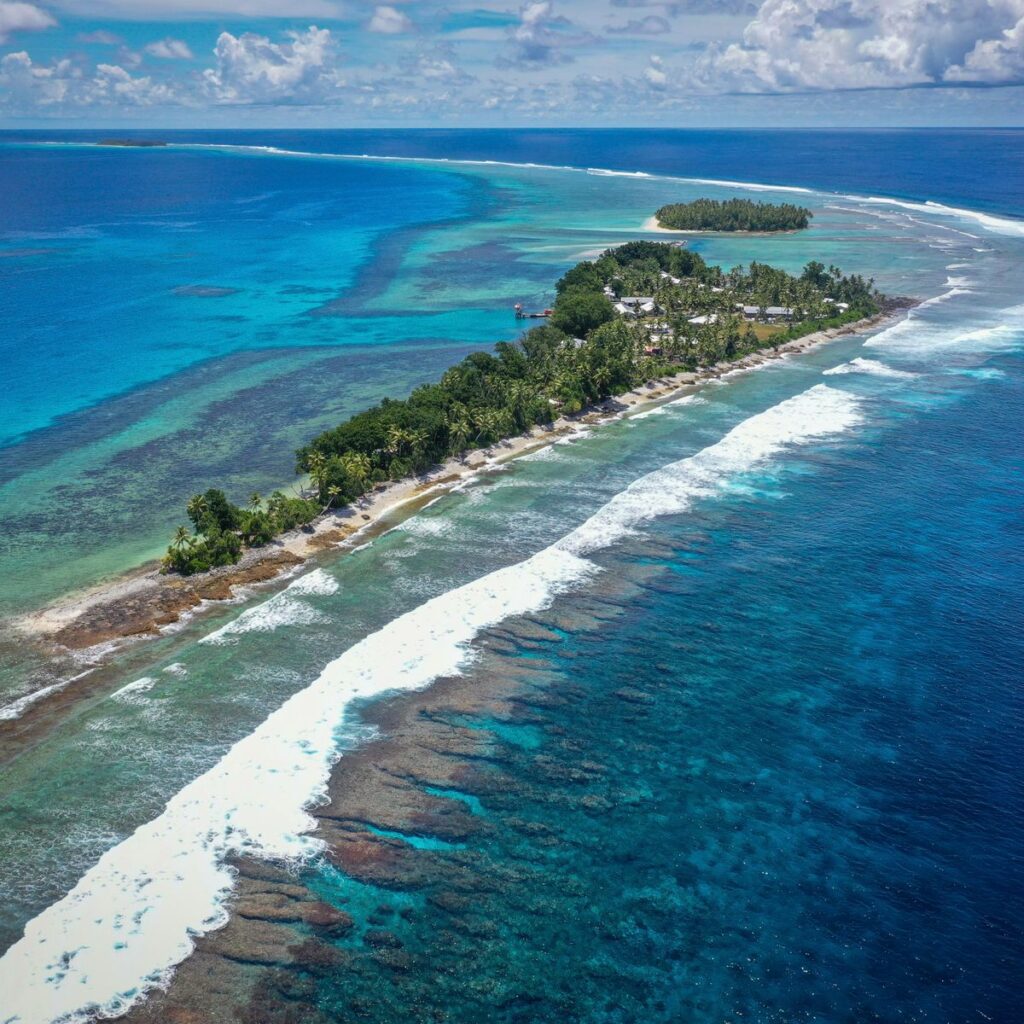
Introduction
Tuvalu, a small island nation in the Pacific Ocean, is becoming an increasingly critical topic in global climate discussions. This nation, which consists of four islands and five atolls, is one of the most low-lying countries in the world. With an average elevation of just 1.5 meters above sea level, Tuvalu faces an existential threat as rising sea levels due to climate change threaten its very existence. The significance of Tuvalu lies not only in its vulnerability but also in its role as a focal point for international climate change dialogue and action.
Current Situation in Tuvalu
As of 2023, Tuvalu has gained attention for its ongoing battle against rising sea levels, which have risen by approximately 20 centimeters since the late 20th century. Recent reports indicate that significant flooding events are becoming more frequent, exacerbating the erosion of land and damaging freshwater supplies. The government of Tuvalu has been proactive in international forums, advocating for stronger climate action globally while seeking support for adaptation and resilience strategies.
Tuvalu’s Prime Minister, Kausea Natano, has been vocal about the need for immediate action from larger nations, emphasizing that nations like Tuvalu contribute minimally to global greenhouse gas emissions yet suffer disproportionately from climate impacts. At the recent UN Climate Change Conference, Tuvalu was a leading voice, calling for urgent financial assistance to develop sustainable infrastructure and improve disaster preparedness.
International Response
In response to the crisis, various countries and organizations have pledged financial assistance; however, challenges remain in effectively implementing these initiatives. In 2023, Australia announced a partnership with Tuvalu aimed at enhancing water security and supporting renewable energy initiatives. Additionally, the United Nations Development Programme (UNDP) has outlined strategies to bolster Tuvalu’s resilience against climate-related threats.
Despite these efforts, many experts warn that without more substantial commitments from industrialized nations to reduce emissions globally, the situation for Tuvalu remains dire. The country is exploring options for potential relocation, reflecting an unfortunate trend that might soon be replicated by other vulnerable nations.
Conclusion
In conclusion, Tuvalu represents a microcosm of the broader global climate crisis. The plight of this island nation highlights the urgent need for collaborative global efforts to combat climate change. The ongoing situation serves as a poignant reminder of the disproportionate effects of climate change on low-lying nations and the importance of immediate action to ensure their survival. As Tuvalu continues to advocate for its future, the world watches closely, hoping that collective action may yet turn the tide against the relentless rise of the seas.



